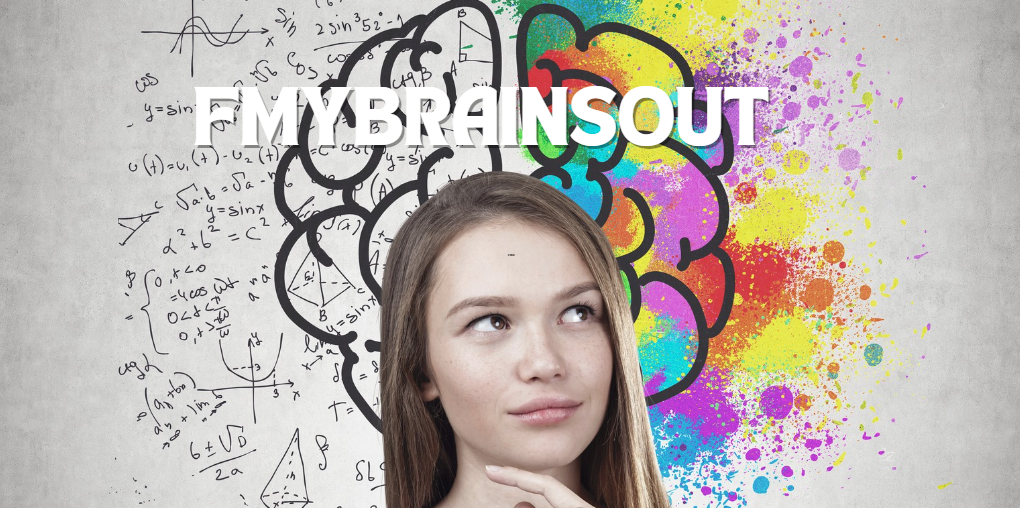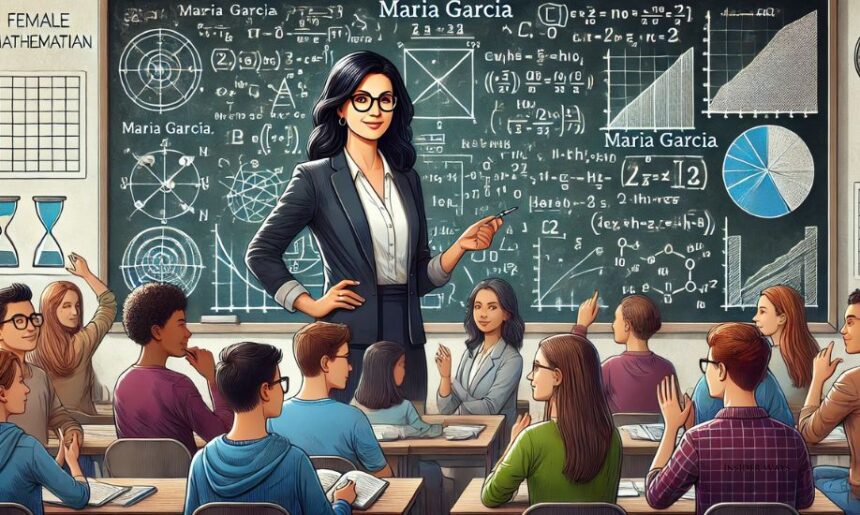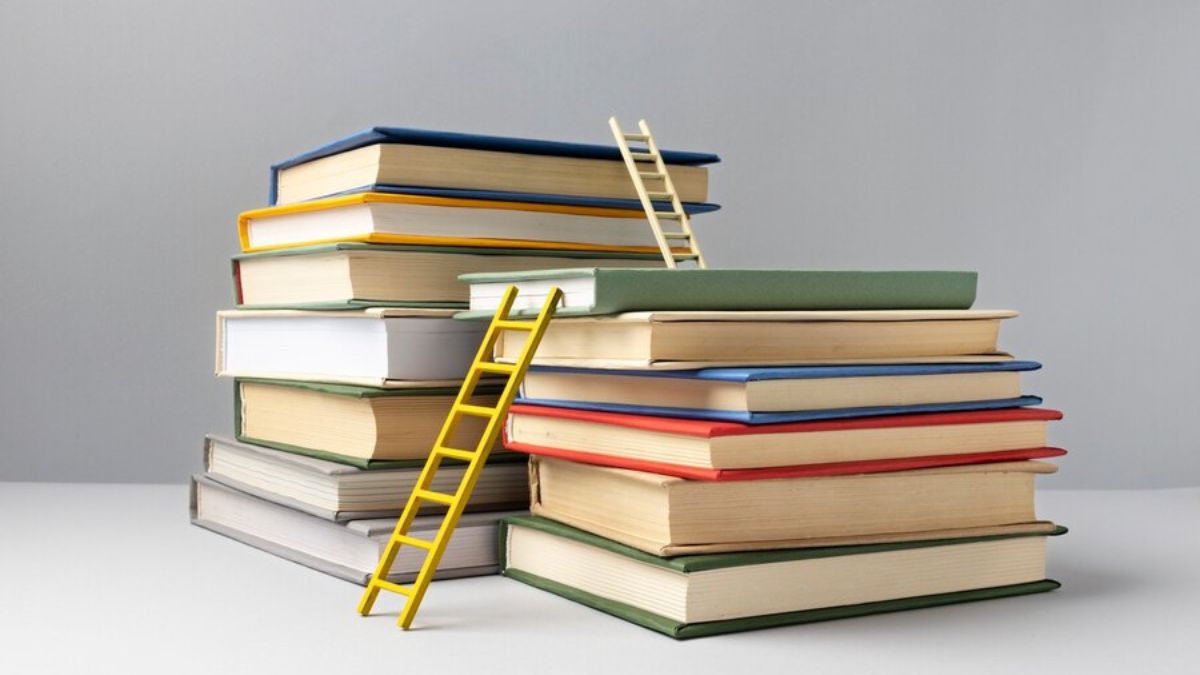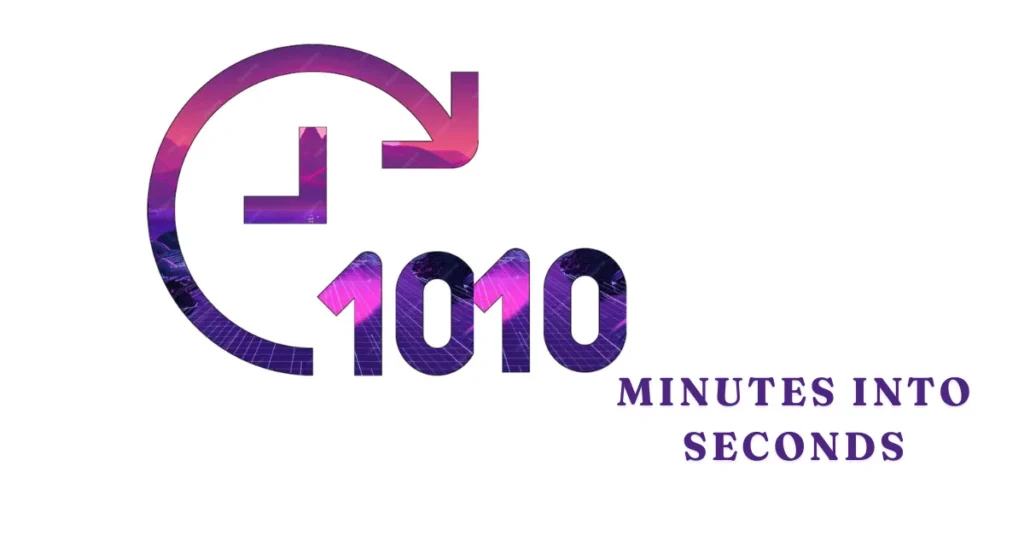Maria Garcia Mathematics has emerged as a transformative figure in the field of mathematics education. Her innovative approaches have not only changed how students engage with mathematics but have also inspired educators worldwide to adopt new methodologies. This article delves into the life, work, and enduring legacy of Maria Garcia, highlighting her contributions to mathematics education and the broader academic community.
Maria Garcia’s Early Life and Education
Maria Garcia’s journey into the world of mathematics began in her early childhood. Growing up in a family that valued education, she was encouraged to explore her natural curiosity and affinity for numbers. Her academic prowess became evident as she excelled in mathematics throughout her schooling. After completing her undergraduate degree in mathematics, Maria pursued a Master’s degree in Education, focusing on mathematics pedagogy. Her passion for teaching was further ignited during this period, where she identified the gaps in traditional math education that often left students disengaged.
Maria’s early educational experiences shaped her belief that mathematics could be made accessible and enjoyable for all students, regardless of their initial interest or ability. This conviction became the cornerstone of her teaching philosophy and later influenced her innovative approaches in the classroom.
Pioneering Teaching Methods
One of Maria Garcia’s most significant contributions to mathematics education has been her development of pioneering teaching methods. She believed that traditional methods of rote memorization and repetitive exercises were insufficient for truly understanding mathematical concepts. Instead, she advocated for a more hands-on and interactive approach, where students could see the practical applications of mathematics in real-life scenarios.
Maria introduced project-based learning into her classrooms, where students worked on math-related projects that integrated concepts from other subjects like science, technology, and engineering. This interdisciplinary approach not only made mathematics more relatable but also fostered critical thinking and problem-solving skills among students. Her methods emphasized the importance of understanding the ‘why’ behind mathematical operations, rather than just the ‘how.’
Impact on Students and Classrooms
The impact of Maria Garcia’s teaching methods on students has been profound. Students who were once disinterested or even intimidated by mathematics found themselves more engaged and confident in their abilities. By creating a classroom environment that encouraged exploration and collaboration, Maria transformed the learning experience. Her students were not only able to grasp complex mathematical concepts but also developed a genuine interest in the subject.
Teachers who adopted Maria’s methods reported a noticeable improvement in student performance and enthusiasm for mathematics. Her approach has been credited with reducing math anxiety and helping students develop a positive attitude toward learning. The ripple effect of her innovative methods extended beyond her classroom, influencing teaching practices in schools across the country.
Contributions to Educational Research
Maria Garcia’s contributions to educational research have been instrumental in advancing the field of mathematics education. She conducted numerous studies on the effectiveness of her teaching methods, particularly in diverse classroom settings. Her research provided valuable insights into how different learning styles could be accommodated in a single classroom, ensuring that all students, regardless of their background or abilities, could succeed in mathematics.
Maria’s work has been published in several peer-reviewed journals, where she has shared her findings and advocated for the adoption of more student-centered teaching practices. Her research has also explored the role of technology in mathematics education, emphasizing how digital tools can enhance learning experiences and provide personalized support to students.
Collaborations with Other Educators
Maria Garcia has always believed in the power of collaboration and has worked closely with other educators to refine and expand her teaching methods. She has been an active participant in professional learning communities, where she shares her experiences and learns from her peers. These collaborations have led to the development of new strategies and resources that have been widely adopted in schools.
Through workshops, seminars, and conferences, Maria has mentored countless teachers, helping them implement innovative practices in their classrooms. Her collaborative efforts have not only strengthened her own teaching but have also contributed to the professional growth of educators around the world.
Awards and Recognitions
Throughout her career, Maria Garcia has received numerous awards and recognitions for her contributions to mathematics education. These accolades are a testament to her impact on the field and her dedication to improving the learning experiences of students. Some of the most notable awards include the National Mathematics Teaching Award and the Excellence in Educational Research Award.
Maria has also been recognized by educational institutions and organizations for her commitment to equity in education. Her work has been celebrated for its inclusivity, ensuring that all students, regardless of their socioeconomic background, have access to high-quality mathematics education.
Maria Garcia’s Publications and Resources
In addition to her teaching and research, Maria Garcia has authored several books and educational resources that have become essential tools for teachers. Her publications cover a wide range of topics, from practical classroom strategies to theoretical discussions on mathematics pedagogy. These resources have been widely used in teacher training programs and are considered must-reads for educators seeking to improve their teaching practices.
Maria’s work also includes online resources, such as interactive lesson plans and video tutorials, which have made her methods more accessible to a global audience. These resources have empowered teachers to bring her innovative approaches into their classrooms, even if they have not had the opportunity to attend her workshops or seminars.
Legacy and Influence on Future Educators
Maria Garcia’s influence on future educators is undeniable. Her methods and philosophies have become integral to modern mathematics education, and her legacy continues to inspire new generations of teachers. Educators who have been trained in her methods are now passing on her ideas to their own students and colleagues, ensuring that her impact will be felt for years to come.
Maria’s legacy is not just about the methods she developed, but also about the values she instilled in her students and colleagues. Her emphasis on equity, creativity, and critical thinking has left a lasting mark on the field of education, shaping the way mathematics is taught and learned.
Challenges Faced and Overcome
Despite her many successes, Maria Garcia has faced numerous challenges throughout her career. Implementing new teaching methods in a system resistant to change was no easy feat. She encountered skepticism from colleagues and pushback from administrators who were accustomed to traditional methods of teaching mathematics. Additionally, Maria had to navigate the challenges of ensuring that her methods were effective in diverse classroom settings, where students had varying levels of ability and interest in mathematics.
However, Maria’s resilience and determination allowed her to overcome these obstacles. She remained steadfast in her belief that all students could succeed in mathematics if given the right tools and opportunities. Her perseverance paid off, as her methods eventually gained widespread acceptance and acclaim.
Future of Mathematics Education Inspired by Maria Garcia
The future of mathematics education looks promising, thanks in large part to Maria Garcia’s pioneering work. As more educators adopt her methods and build upon her research, the field continues to evolve. The emphasis on student-centered learning, interdisciplinary approaches, and the integration of technology are now seen as essential components of effective mathematics education.
Looking ahead, it is clear that Maria Garcia’s influence will continue to shape the future of education. Her innovative spirit and commitment to excellence have set a high standard for educators, and her legacy will inspire future generations to push the boundaries of what is possible in the classroom.
FAQs
Q1: Who is Maria Garcia?
A: Maria Garcia is a renowned educator known for her pioneering work in mathematics education. She has developed innovative teaching methods that have transformed how mathematics is taught and learned.
Q2: What are Maria Garcia’s contributions to mathematics education?
A: Maria Garcia has introduced hands-on, interactive teaching methods that emphasize understanding the practical applications of mathematics. She has also conducted research on effective teaching strategies and authored several educational resources.
Q3: How has Maria Garcia impacted students?
A: Maria Garcia’s methods have helped students engage with mathematics more effectively, reducing math anxiety and improving performance. Her approach has made mathematics more accessible and enjoyable for students.
Q4: What awards has Maria Garcia received?
A: Maria Garcia has received numerous awards, including the National Mathematics Teaching Award and the Excellence in Educational Research Award, for her contributions to mathematics education.
Q5: What is project-based learning in mathematics?
A: Project-based learning in mathematics involves students working on math-related projects that integrate concepts from other subjects. This approach fosters critical thinking and helps students understand the real-world applications of mathematics.
Q6: How has Maria Garcia influenced other educators?
A: Maria Garcia has collaborated with other educators to refine her methods and has mentored many teachers through workshops and seminars. Her influence has spread worldwide, with many educators adopting her practices.
Q7: What challenges did Maria Garcia face in her career?
A: Maria Garcia faced challenges such as skepticism from colleagues and resistance to change within the education system. However, she overcame these obstacles through perseverance and dedication to her students.
Q8: What publications has Maria Garcia authored?
A: Maria Garcia has authored several books and educational resources on mathematics pedagogy. Her publications are widely used in teacher training programs and classrooms.
Q9: What is the future of mathematics education inspired by Maria Garcia?
A: The future of mathematics education, inspired by Maria Garcia, emphasizes student-centered learning, interdisciplinary approaches, and the integration of technology to enhance the learning experience.
Q10: How can teachers implement Maria Garcia’s methods in their classrooms?
A: Teachers can implement Maria Garcia’s methods by incorporating project-based learning, focusing on the practical applications of mathematics, and creating an inclusive classroom environment that encourages exploration and collaboration.
Conclusion
Maria Garcia’s contributions to mathematics education have had a profound and lasting impact. Her innovative teaching methods, research, and publications have transformed how mathematics is taught and learned, making the subject more accessible and engaging for students of all backgrounds. By fostering critical thinking, creativity, and a love for learning, Maria has set a new standard for educators worldwide. Her legacy continues to inspire and guide future generations of teachers, ensuring that the field of mathematics education will continue to evolve and improve. As educators build on her work, the future of mathematics education looks brighter than ever, promising a more inclusive and effective learning experience for all students.
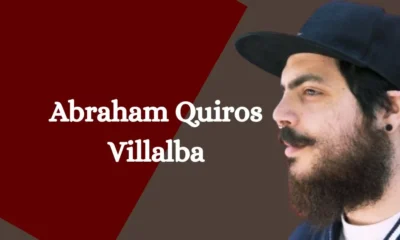
 Celebrity5 months ago
Celebrity5 months ago
 Celebrity6 months ago
Celebrity6 months ago
 Fashion3 months ago
Fashion3 months ago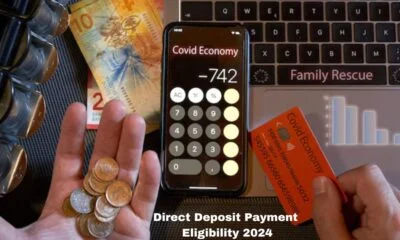
 News3 months ago
News3 months ago
 News3 months ago
News3 months ago
 Celebrity6 months ago
Celebrity6 months ago
 Celebrity5 months ago
Celebrity5 months ago
 Lifestyle6 months ago
Lifestyle6 months ago
